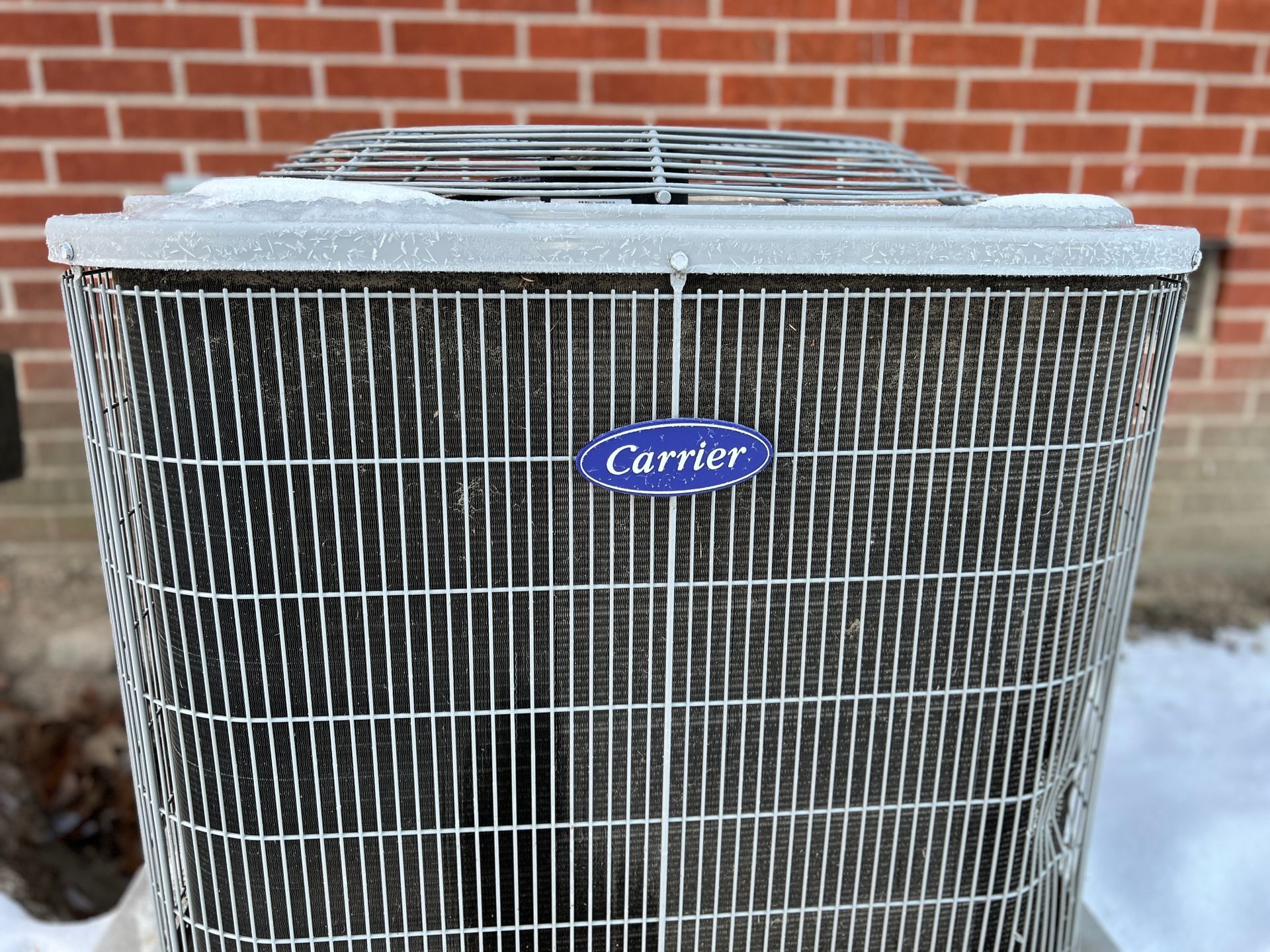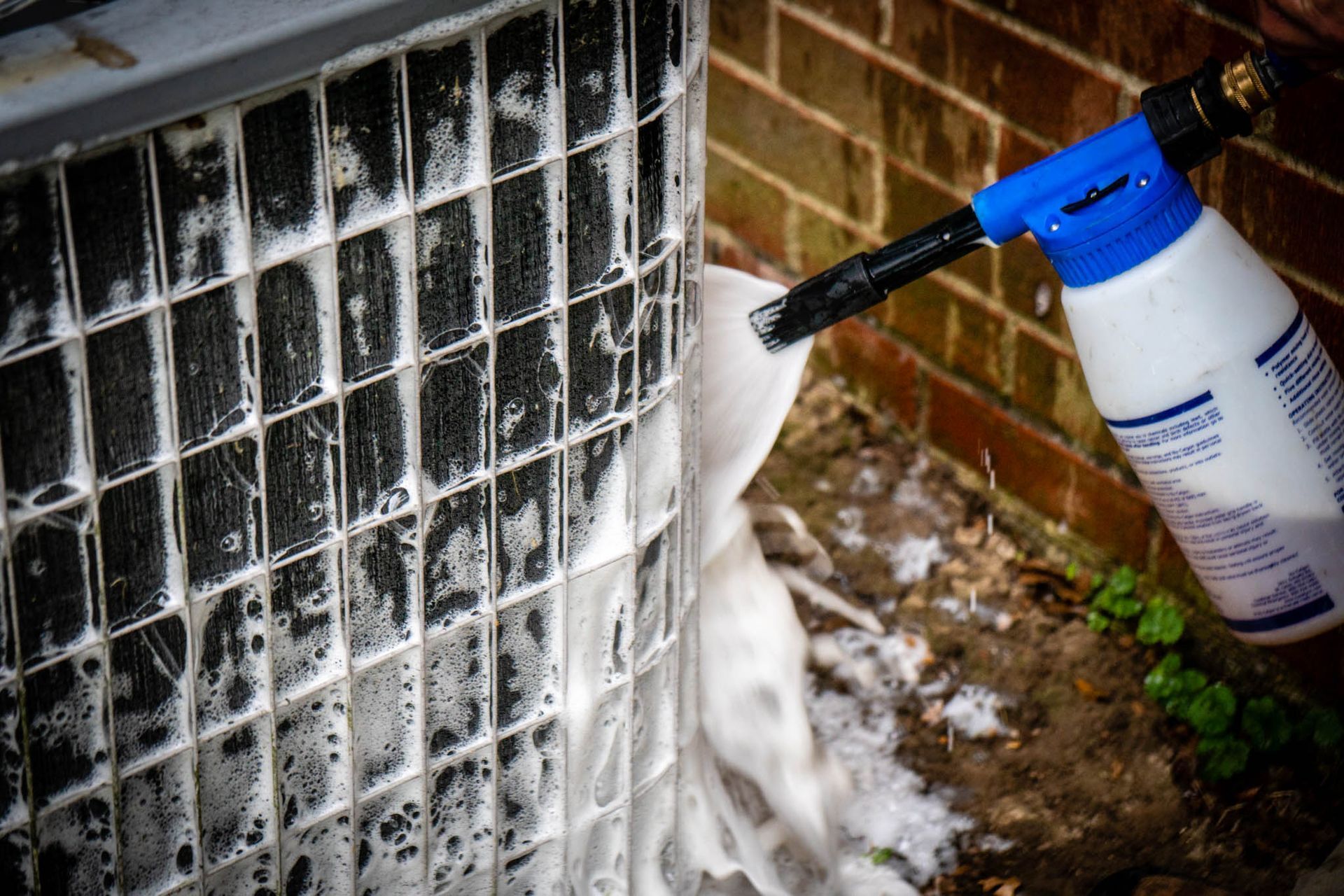ERPs for HVAC Companies? And Why?
Your business is growing. However is your internal software growing with your company? Why it's time to think about an ERP (Enterprise Resource Planning) software for your HVAC Company?

An HVAC (Heating, Ventilation, and Air Conditioning) company can use an ERP (Enterprise Resource Planning) system to streamline their business processes, improve efficiency, and enhance overall operations. Here are some ways an HVAC company can utilize an ERP system:
- Managing Operations: An ERP system can help an HVAC company manage all aspects of their operations, including scheduling and dispatching technicians, managing work orders, tracking inventory and equipment, and managing service contracts. This can help the company optimize their resources, reduce manual errors, and ensure timely completion of projects.
- Financial Management: An ERP system can provide robust financial management capabilities, including managing accounts payable and receivable, general ledger, financial reporting, and budgeting. This can help the HVAC company track their financials accurately, manage cash flow, and make informed financial decisions.
- Inventory Management: An HVAC company typically manages a large inventory of equipment, parts, and supplies. An ERP system can help track and manage inventory levels, automate reordering, and optimize inventory levels to ensure that the company has the right parts and equipment available when needed, reducing stockouts and overstock situations.
- Customer Relationship Management (CRM): An ERP system with built-in CRM capabilities can help the HVAC company manage their customer relationships, including managing customer inquiries, tracking customer interactions, managing service contracts, and providing timely customer support. This can help improve customer satisfaction and retention.
- Reporting and Analytics: An ERP system can provide comprehensive reporting and analytics capabilities, allowing the HVAC company to gain insights into their operations, financials, inventory, and other key areas. This can help identify trends, make data-driven decisions, and improve overall performance.
- Mobile Access: Many ERP systems offer mobile access, allowing technicians to access work orders, update status, capture time and expenses, and perform other tasks in the field using mobile devices. This can help improve field service efficiency and provide real-time updates to the office.
- Streamlined Procurement: An ERP system can help the HVAC company streamline their procurement processes, including requesting and approving purchase orders, managing supplier relationships, and tracking deliveries. This can help reduce procurement cycle times, optimize costs, and improve supplier performance.
- Compliance and Reporting: An HVAC company needs to comply with various regulations and reporting requirements. An ERP system can help automate compliance processes, generate reports required by regulatory authorities, and ensure that the company is meeting its legal obligations.
How Do You Get Started?
Step one is to reach out to a reputable ERP Consultant that truly understands your business needs. For instance, let's say you want to use NetSuite ERP...
An HVAC company may choose to engage a NetSuite consultant for several reasons:
- Expertise in NetSuite: NetSuite is a comprehensive cloud-based ERP system that offers a wide range of features and functionalities. A NetSuite consultant is a professional who has expertise and experience in implementing, customizing, and optimizing NetSuite specifically for HVAC companies. They can provide valuable insights and guidance on how to best configure and utilize NetSuite to meet the unique needs of an HVAC business.
- Efficient Implementation: Implementing an ERP system like NetSuite can be a complex process that requires careful planning, configuration, and data migration. A NetSuite consultant can help HVAC companies streamline the implementation process, ensuring that the system is set up correctly from the start, and minimizing potential issues or delays. They can also provide guidance on best practices and industry-specific configurations to optimize the system for HVAC business processes.
- Customization and Integration: NetSuite offers a wide range of customization options to tailor the system to the unique requirements of an HVAC company. A NetSuite consultant can help identify the customization needs of the business and develop tailored solutions, such as custom workflows, reports, and dashboards. They can also assist with integrating NetSuite with other third-party systems, such as CRM, e-commerce, or field service management, to enable seamless data flow and process automation.
- Training and Support: Implementing a new ERP system requires training employees to use the system effectively. A NetSuite consultant can provide comprehensive training to HVAC company employees on how to use NetSuite efficiently, from navigating the system to performing day-to-day tasks. They can also provide ongoing support and troubleshooting, helping to address any issues that may arise after the implementation, and ensuring smooth system operation.
- Optimization and Best Practices: A NetSuite consultant can assess the existing NetSuite setup and usage of an HVAC company and identify areas for optimization and improvement. They can provide recommendations on best practices for utilizing NetSuite effectively, optimizing business processes, and leveraging advanced features and functionalities. This can help the HVAC company get the most out of their investment in NetSuite and achieve maximum efficiency and productivity.
- Time and Cost Savings: Engaging a NetSuite consultant can help an HVAC company save time and costs associated with trial and error, rework, and potential mistakes during the implementation and customization process. A consultant can help ensure a smoother and more efficient implementation, reduce risks, and enable the HVAC company to start realizing the benefits of NetSuite sooner.
In summary, a NetSuite consultant can provide specialized expertise, guidance, and support for an HVAC company in implementing, customizing, optimizing, and maximizing the value of NetSuite for their unique business needs.
Conclusion
In summary, an ERP system can provide an HVAC company with a unified platform to manage their operations, finances, inventory, customer relationships, and more. It can help streamline business processes, improve efficiency, and enhance overall performance, ultimately leading to better customer service and increased profitability.
Ready for us to work on your HVAC System? Request to be put on our service schedule by filling out our SERVICE REQUEST FORM HERE or Call Us at (270) 575-3263
You might also like
Jett's Specialty Contracting Blog

Book a Service Today
We will get back to you as soon as possible
Please try again later
Quick & Reliable
We are available via email or telephone
24/7 HVAC Service Repair Technicians Available
Location
660 Chester Hack Dr. Paducah, KY 42001
office@jettsspecialty.com
Call
(270) 575-3263 (24/7 HVAC Service)
Navigation
Services
All Rights Reserved | Jett's Specialty Mechanical



